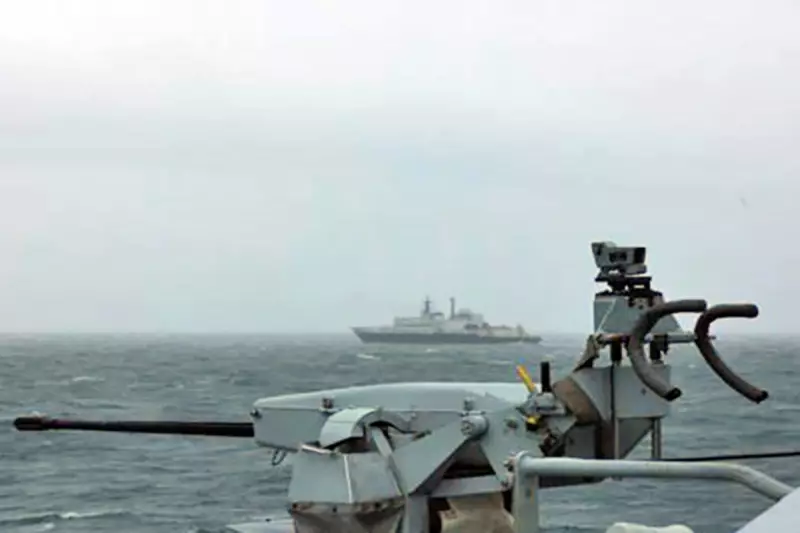
Britain's Defence Secretary has issued a stark warning to the Kremlin after a Russian spy ship was caught directing lasers at Royal Air Force pilots monitoring its activities near UK waters.
John Healey described the actions of the vessel Yantar as a 'deeply dangerous' move during a Westminster press conference, confirming that military options are being prepared should the intelligence-gathering ship head further south.
What is the Yantar spy ship?
The Yantar is no ordinary vessel. Built by the Russian Navy's secretive Main Directorate of Underwater Research (GUGI) and commissioned in 2015, this 107.8 metre-long ship is specifically designed for deep-sea intelligence gathering.
According to security analysts at the Council on Geostrategy, the Yantar's primary objective is to operate submarines capable of gathering intelligence on underwater infrastructure, potentially enabling sabotage of critical communications cables on the seabed.
The ship has previously been spotted conducting operations near the Caribbean islands, Brazil, Norway, Greenland, the Mediterranean, and Ireland, establishing a pattern of suspicious activity in sensitive waters.
A deliberate escalation in British waters
This incident represents a significant escalation in Russian naval activity near UK territory. While monitoring the Yantar's movements, RAF P-8 aircraft were targeted with lasers from the Russian vessel, marking the first time such tactics have been used against British military pilots from this ship.
'Anything that impedes, disrupts or puts at risk pilots in charge of British military planes is deeply dangerous,' Mr Healey stated, adding that Britain 'takes it extremely seriously.'
Security expert Elisabeth Braw of the Atlantic Council confirmed this represents an 'escalation for sure', noting that even if the lasers didn't blind the pilots, the action was deliberately provocative and intended to disrupt surveillance operations.
Is UK infrastructure vulnerable?
The timing of this incident raises serious concerns about the vulnerability of Britain's critical underwater infrastructure. The Yantar has been operating within the UK's exclusive economic zone, extending up to 200 nautical miles offshore, though remaining on the edge of territorial waters within 12 nautical miles of the coast.
Mr Healey revealed the ship appears to be engaged in mapping Britain's critical water infrastructure, describing it as 'part of a Russian fleet designed to put and hold our undersea infrastructure and those of our allies at risk.'
While experts like Dr Sidharth Kaushal of RUSI suggest the UK's undersea cable network has redundancy, they warn that gas pipelines are more vulnerable to potential attack. A September report from the National Security Strategy Committee had already warned that attacks on undersea cables could cause 'catastrophic disruption' to financial and communications systems.
The Defence Secretary's message to Moscow was unequivocal: 'We see you. We know what you're doing. And if the Yantar travels south this week, we are ready.'





